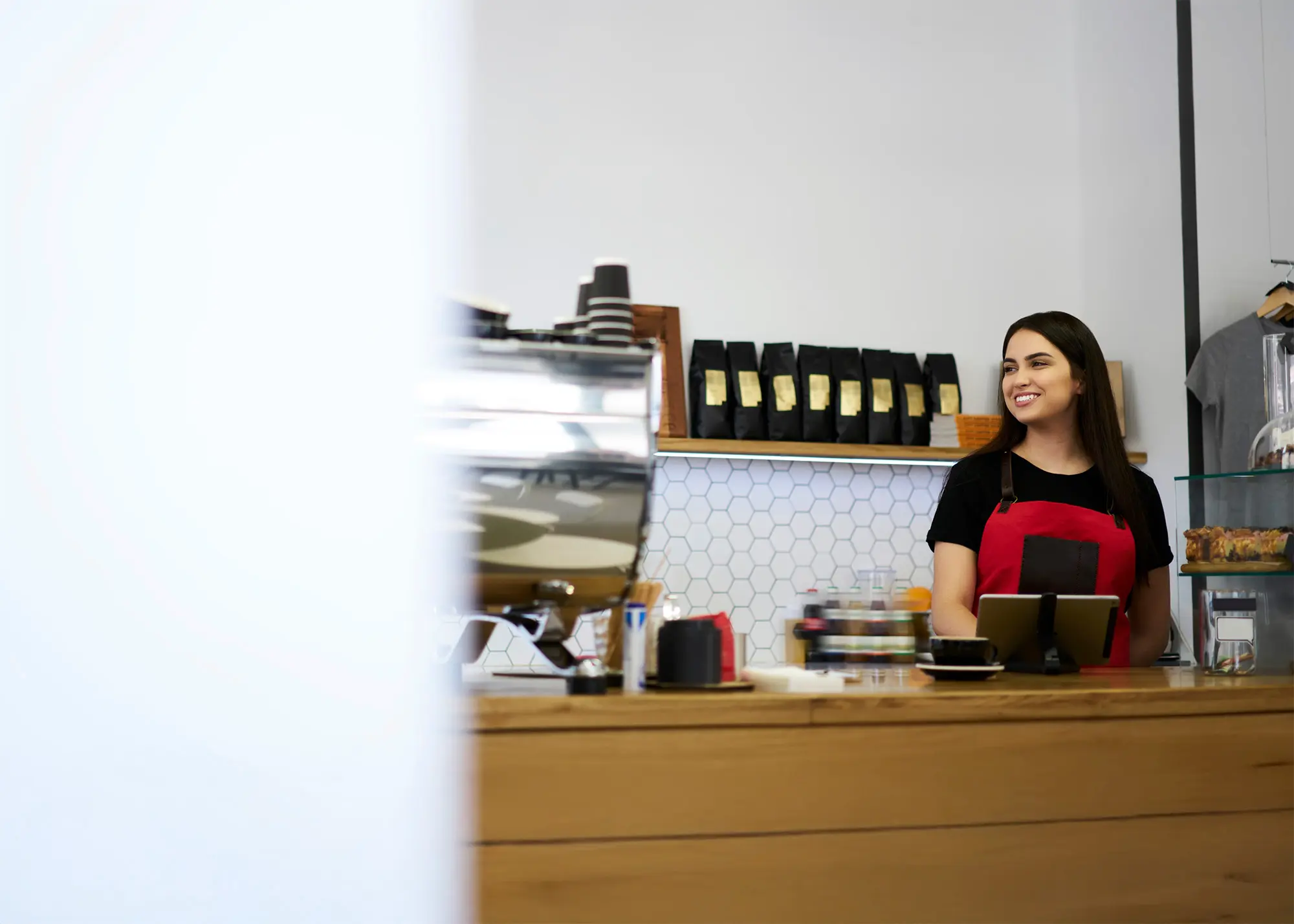Something remarkable is happening in Manchester’s creative scene and London’s establishment should be paying attention. While the capital clings to its traditional advertising fortress, Manchester is quietly building something more agile, more affordable and arguably more innovative.
We’re not just talking about a few northern agencies making noise—we’re witnessing a fundamental shift in how and where Britain’s best creative work gets made.
The Great Creative Migration
The numbers tell part of the story. Over the past three years, Manchester has seen a 47% increase in creative businesses, while London’s growth has stagnated at just 8%. But statistics only scratch the surface of what’s really happening here.
The migration isn’t just about quantity—it’s about quality. Senior creatives, frustrated by London’s inflated costs and increasingly corporate culture, are heading north. They’re finding a city that offers the cultural richness to inspire great work without the overheads that crush creativity.
Take Sarah Chen, formerly of a Soho heavyweight, who relocated her team to Manchester’s Northern Quarter last year. “We’re doing our best work ever,” she told us. “The pressure to bill every minute is gone. We can think again.”
The Cost of Creativity
London’s creative scene is choking on its own success. When a decent creative director demands £80k+ and office space costs more per square foot than New York, something has to give. Usually, it’s the quality of thinking time — the breathing space that great creative work requires.
Manchester offers a different equation. World-class talent at sensible salaries. Beautiful studio spaces that don’t require venture capital to lease. And perhaps most importantly, a cost of living that allows creative professionals to take risks, experiment, and think long-term.
This isn’t about being cheap—it’s about being smart. When your overheads are manageable, you can afford to be choosy about clients, invest in R&D, and build the kind of culture that attracts exceptional people.
Manchester’s Creative DNA
Manchester’s creative confidence isn’t new—it’s just finding new expression. This is the city that gave the world Factory Records, Coronation Street and the Haçienda. It’s always understood that creativity thrives when it’s connected to real culture, not manufactured in boardrooms.
That authenticity is proving irresistible to brands seeking genuine connection with audiences. While London agencies serve up focus-grouped perfection, Manchester’s creative scene offers something increasingly rare: work that feels human.
The Northern Quarter Effect
Walk through Manchester’s Northern Quarter on any given Tuesday and you’ll see the future of British creativity. Independent studios nestled between record shops and coffee roasters. Creative directors grabbing lunch with textile artists and musicians. An ecosystem where ideas cross-pollinate naturally.
This matters more than you might think. Great creative work rarely emerges in isolation—it feeds off cultural energy, unexpected connections and serendipitous encounters. London’s Soho once provided this, but corporate gentrification has sterilised much of its creative spark.
Manchester’s creative quarter remains gloriously unpredictable. Where else can you find a branding agency sharing a building with a vinyl pressing plant and a artisanal brewery?
Client Sophistication
Manchester’s client base has evolved dramatically. The city’s business leaders—from property developers to tech entrepreneurs—increasingly understand creative strategy’s role in business success. They’re demanding partners, not suppliers.
This sophistication is attracting London talent and London clients. Why pay Shoreditch prices for work that can be delivered better and faster from Manchester?
We recently pitched against three London agencies for a national campaign. The client chose us not despite our Manchester location, but because of it. “You understand our market better,” they said. “And frankly, your thinking feels fresher.”
The Infrastructure Advantage
Manchester’s creative infrastructure is reaching maturity without London’s baggage. New studios are being built with collaboration in mind. Co-working spaces blend agencies with freelancers, established firms with ambitious start-ups.
The city’s tech scene—bolstered by investments from Google, Amazon and Microsoft—provides a sophisticated client base hungry for world-class creative work. Meanwhile, the university ecosystem continues to feed fresh talent into the market.
Transport links mean London clients are just two hours away, but Manchester creatives can work at Manchester pace—thoughtful, collaborative, human-scaled.
London’s Creative Crisis
London isn’t just losing talent to Manchester—it’s losing its creative soul. Rising costs have pushed innovation to the margins while corporate consolidation has homogenised output. The city’s creative scene increasingly resembles its financial sector: efficient, expensive and oddly soulless.
Young creatives can’t afford to live in London, let alone take creative risks. Agencies are spending more on rent than talent development. The very conditions that make great creative work possible are being priced out of existence.
This is leading to agencies being run remotely, a situation that sucks spontaneous creativity away and lays form to systematic process driven output from a team that might never meet in person. Creative collaboration is a huge part of ideation and without that you get what you always got.
What This Means for Brands
Smart brands are already adjusting their strategies. Instead of automatically defaulting to London agencies, they’re exploring what Manchester can offer: senior-level talent, strategic thinking and creative work that connects with real audiences—all delivered more efficiently than their southern counterparts.
This isn’t about choosing Manchester over London out of sentiment or cost-saving. It’s about recognising where the best creative thinking is actually happening right now.
The Future of British Creativity
We’re not suggesting London will cease to be relevant—it remains a global creative hub with unparalleled international connections. But its dominance of the British creative scene is ending.
The future looks more distributed, more diverse and more human-scaled. Cities like Manchester, Bristol, Glasgow and Edinburgh are developing distinct creative identities that complement rather than compete with London’s offering.
For Manchester specifically, the opportunity is enormous. We have the talent, the infrastructure and increasingly, the recognition. What we’re building isn’t just an alternative to London—it’s potentially the future of how creative work gets made in Britain.
The only question is whether London’s creative establishment will adapt quickly enough to remain relevant in this new landscape.
Our money’s on Manchester.





